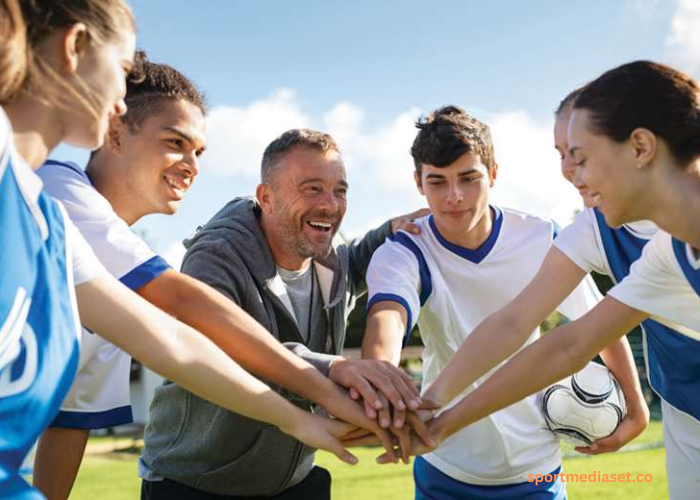Sports can play a very important role in our lives, they resonate on cultural, health, and social levels. Playing sports can bring us together, making us part of a team, and that team can be important to the whole community, or even country. On an individual level, sports challenge us to learn new skills and to push our limits mentally and physically.
Learning to play sports at a young age has long been seen as a very important part of a child’s personal, physical, and social development. Kids love to play sports, as evidenced by the very successful basketball for toddlers program that teaches so much more than ball handling and dribbling! Playing sports is the perfect opportunity for them to grow and learn while having a great time!
The following are some of the compelling reasons why sports should be a central part of a child’s early and ongoing education:
- Physical Health – In an increasingly urbanized world, children are spending more time indoors than ever before, often engaged in sedentary diversions like online gaming and social media. While those entertainments can be positive in moderation, kids need to get up and move! Regular participation in active sports is critical to a child’s healthy development and can prevent future ills like diabetes, obesity, and hypertension. Kids who play sports are simply more physically fit and have a much better chance of remaining so into adulthood.
- Social Skills – being a member of a sports team is a very special thing for children, often one of their first experiences with being part of a social group that they aren’t related to by blood or close proximity. It’s a great chance to practice interacting with a peer group where the art of cooperation is the key to everyone’s success. Kids who are involved with sports are typically more socially confident, more adept at communicating, and more comfortable stepping into leadership roles. They also learn to be giving and empathetic, helping to pick up a fallen player on the field even if they aren’t on one’s own team, and learning how to be a good sport and accept defeat as gracefully as victory.
- Academic Performance – There is a bias that involvement in sports can detract from a child’s academic pursuits, but it is a myth, sports have been proven to complement an education! Kids who participate in sports tend to demonstrate improved problem-solving skills, better concentration, enhanced memory, and are more resilient in the face of difficulty. Sports also contribute to a child’s emotional health, self-confidence, and sense of well-being, which are critical to learning. Sports teach kids to excel under pressure, a trait that is just as important in the classroom as it is on the playfield. It has also been shown that kids who participated in sports during their early school years were much more likely to go on to attend college, making sports an important component of a child’s academic success.
The Australian Government’s Sports Commission stresses the importance of youth participation in sports. Sports are great for kids of any age, so get out there with your young child and have fun!




